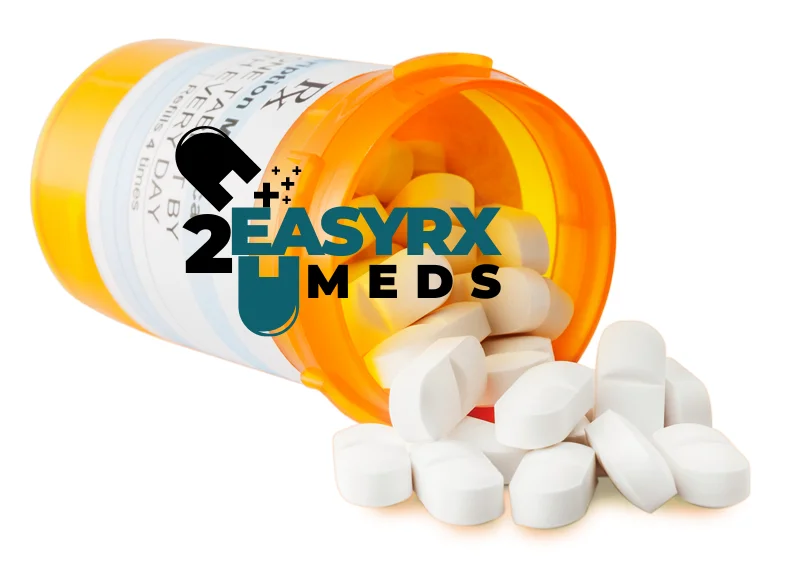Aspirin caffeine tablets are two distinct compounds often studied for their effects on health, but they can also be combined in certain medications for enhanced effects. Here’s an overview of each:
Aspirin
- Type: Non-steroidal anti-inflammatory drug (NSAID).
- Uses: Commonly used to relieve pain, reduce inflammation, and lower fever. It’s also used in low doses to reduce the risk of heart attacks and strokes by preventing blood clots.
- Mechanism: Works by inhibiting enzymes (COX-1 and COX-2) involved in the production of prostaglandins, which mediate pain and inflammation.
- Side Effects: Can cause gastrointestinal issues, increased bleeding risk, allergic reactions, and, in some cases, Reye’s syndrome in children when used for viral infections.
Caffeine
- Type: Stimulant.
- Sources: Naturally found in coffee, tea, chocolate, and some soft drinks, as well as in some medications.
- Uses: Commonly used to increase alertness, enhance mood, and improve physical performance. It can also relieve headaches when combined with certain pain relievers.
- Mechanism: Acts primarily as an adenosine receptor antagonist, which increases neuronal activity and the release of neurotransmitters like dopamine and norepinephrine.
- Side Effects: May cause insomnia, nervousness, restlessness, stomach upset, rapid heartbeat, and dependency in some individuals.
Combination Use
- Benefits: Combining Aspirin caffeine tablets can enhance pain relief more effectively than either compound alone, especially for headaches and migraines. Caffeine can also counteract some of the drowsiness caused by pain medications.
- Formulations: Some over-the-counter medications for headaches and migraines combine aspirin, caffeine, and sometimes acetaminophen for maximum effect.
Precautions
- People should use caution when combining these substances, particularly those with certain medical conditions (e.g., ulcers, bleeding disorders) or those taking other medications that might interact with aspirin or caffeine.
Benefits:
1. Enhanced Pain Relief
- Migraines and Headaches: Studies have shown that the combination can be more effective for treating migraines and tension headaches compared to either drug alone. Caffeine can help enhance the absorption of aspirin, leading to quicker relief.
- General Pain Relief: This combination is also effective for other types of pain, such as muscle pain, toothaches, and menstrual cramps.
2. Improved Efficacy
- Synergistic Effect: Caffeine can enhance the analgesic (pain-relieving) effects of aspirin by acting on the central nervous system, making it a useful addition in pain relief formulations.
3. Faster Onset of Action
- Quick Relief: Caffeine increases blood flow and may improve the speed at which aspirin is absorbed, leading to faster pain relief.
4. Reduced Dosage Requirements
- Lower Dosages Needed: The combination may allow for lower doses of aspirin, which can help minimize the risk of side effects associated with higher doses of NSAIDs.
5. Stimulation of Alertness
- Counteracting Drowsiness: Caffeine can counteract any drowsiness or fatigue associated with pain, helping individuals remain alert and active.
6. Potential Cardiovascular Benefits
- Heart Health: While Aspirin caffeine tablet is often prescribed for its blood-thinning properties to reduce the risk of heart attacks and strokes, caffeine has also been studied for its potential protective effects on the heart, though more research is needed in this area.
7. Accessibility
- Over-the-Counter Availability: Many over-the-counter medications combine aspirin and caffeine, making it easy for consumers to access effective treatment options for headaches and migraines.
8. Well-Researched
- Clinical Support: The combination of aspirin and caffeine has been widely studied, with substantial evidence supporting its effectiveness for specific conditions, particularly in migraine relief.



Reviews
There are no reviews yet.